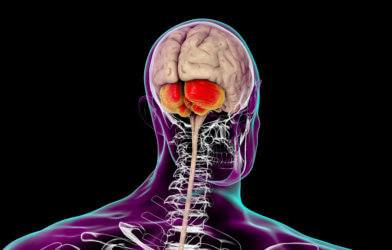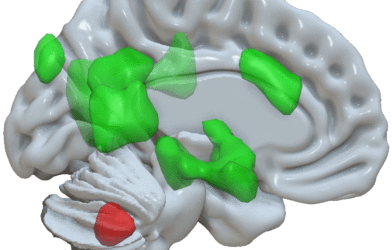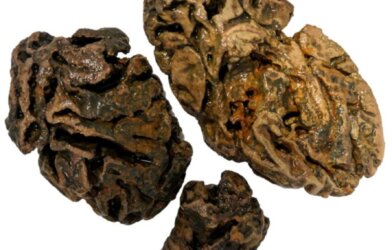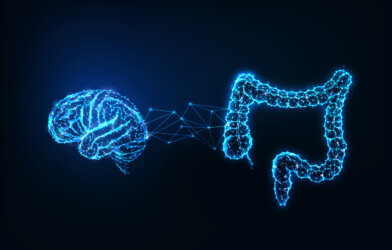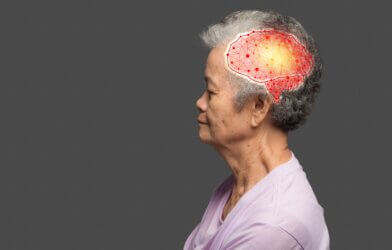People who engage in heavy alcohol drinking may have a harder time interpreting emotions and recognizing faces, according to a new study. Researchers from the University of California San Diego School of Medicine report that people with alcohol problems show changes in brain connectivity in areas such as the amygdala, an area involved in regulating emotions and rewards, and the frontal lobes.
Observing changes in neural connectivity could help in predicting the risk of alcoholism or alcohol abuse and could provide a target area for future treatments for alcohol use disorder.
People who experience little of alcohol’s negative effects are more likely to drink more and develop alcohol problems in the future. Previous research looking into the effects of low response to alcohol found decreased brain activity in the amygdala. However, until now, how the impaired connectivity affected communication with other brain regions remained unknown.
The researchers studied 108 young adults with no history of alcohol problems characterized as having a low or high response to alcohol. The participants drank a small volume of alcohol or a non-alcoholic beverage (serving as a placebo) before completing an emotional face processing task. The task involved identifying happy, angry, and fearful faces while brain activity was monitored with functional magnetic resonance imaging (fMRI).
Participants identified low-responders to alcohol who did not drink any alcohol showed less functional connectivity between the amygdala and the frontal lobes, as well as, the insula and parietal regions when processing emotional faces. Low-response participants who did drink alcohol showed a further reduction in brain connectivity. In contrast, high neural connectivity was observed in participants who had a high response to alcohol.
“We were surprised to find that the brain areas are communicating differently in these people even without any alcohol consumed, and before they have developed any significant alcohol problems,” said Ben McKenna, PhD, assistant clinical professor of psychiatry at UC San Diego School of Medicine and lead author of the study in a press release. Dr. McKenna suggests the decreased communication between brain regions in people with a low response to alcohol may make it harder to interpret social cues.
For instance, seeing a happy face should send brain signals involved in reward, but if this is not being sensed properly, people with low-responses may drink more alcohol to receive those rewarding feelings.
A five-year follow-up of the participants found they could use the functional connectivity patterns from earlier scans to predict future alcohol use disorder.
“If these genetically-influenced neurobiological differences are predictive of future behavior, maybe we can identify them early on and try to educate people before they ever develop problematic drinking,” said Dr. McKenna.
The study was recently published in the journal Alcoholism: Clinical & Experimental Research.

